Volkswagen India – Power, Precision & Premium Feel
When it comes to automotive brands that combine cutting-edge engineering, timeless design, and premium driving dynamics, Volkswagen India holds a distinctive position in the market. Known for its robust German build quality, high safety standards, and driver-focused performance, Volkswagen has created a loyal fan base in India over the years.
As the automotive industry shifts toward electrification, advanced driver assistance systems, and premium ownership experiences, Volkswagen India is preparing for a bold 2025 and beyond. From refreshed petrol-powered models to ambitious electric vehicle plans, the brand is ready to bring power, precision, and premium feel to Indian roads.
1. The Present Lineup – Reliable, Stylish, and Driver-Focused
At present, Volkswagen India’s portfolio revolves around two core models — the Taigun and Virtus — both based on the MQB A0 IN platform, specially adapted for Indian conditions.
- Volkswagen Taigun – A stylish compact SUV that delivers on both design and performance. Available with 1.0L and 1.5L TSI petrol engines, it offers peppy performance and a refined driving experience. Features like ventilated seats, a 10-inch infotainment system, and solid safety ratings make it one of the most complete SUVs in its category.
- Volkswagen Virtus – A premium sedan that replaced the Vento, the Virtus is a perfect blend of elegance and sportiness. It shares mechanicals with the Taigun but offers a more executive appeal. Long wheelbase, plush cabin, and the same choice of turbo-petrol engines make it an attractive alternative for buyers looking for driving pleasure in a sedan body style.
While both models have been successful, competition in the compact SUV and sedan segment is fierce. This is why Volkswagen India is planning strategic updates to keep them fresh.
2. Upcoming Launches & Facelifts in 2025–26
The next two years are critical for Volkswagen India as it works to expand its portfolio, refresh its current models, and introduce premium imports.
Key Upcoming Models:
- Tiguan R-Line – Expected by mid-2025, this sportier version of the Tiguan SUV will feature a powerful 2.0L turbo-petrol engine producing around 250 hp, along with AWD and Level 2 ADAS. It will cater to enthusiasts who want a blend of practicality and performance.
- Golf GTI – The iconic hot hatch is making a comeback to India as a CBU import. It will deliver around 265 PS and will be packed with modern infotainment, sporty interiors, and a dynamic driving experience.
- Tayron 7-Seater SUV – Set to be a more spacious and premium offering, the Tayron will target families looking for a luxury multi-row SUV. It will rival the Skoda Kodiaq and Toyota Fortuner in terms of comfort and features.
- Taigun & Virtus Facelifts – Scheduled for late 2025 or early 2026, these updates will include design enhancements, improved interiors, and advanced features like ADAS to remain competitive.
3. Electrification Strategy – Volkswagen’s EV Vision for India
The global automotive market is shifting toward electric mobility, and Volkswagen India is aligning itself with this change.
- Volkswagen ID.4 EV Facelift – Expected to launch in late 2025, this electric SUV will arrive as a CBU import initially. With a range of over 500 km and modern EV styling, it will mark VW’s serious entry into India’s EV segment.
- CMP21 Platform-Based EVs – By 2027, Volkswagen plans to introduce more affordable EVs based on the same platform as the Taigun and Virtus. These locally produced electric models will offer a range of 350–400 km, making EV ownership more accessible.
- ID.2-Based Compact SUV – Expected to debut globally in September 2025, this concept-based electric SUV could eventually make its way to India as a stylish, compact EV option.
4. Investment & Localization – The India 3.0 Strategy
Volkswagen Group has committed €1 billion (over ₹10,000 crore) for its India 3.0 strategy, focusing on SUVs, EVs, and increased localization. This includes:
- Expanding local manufacturing to reduce costs and make models more competitive.
- Partnering with Skoda Auto India for joint product development.
- Investing in EV infrastructure and charging solutions in partnership with other industry players.
This strategic investment is aimed at making Volkswagen India a stronger player not just in premium segments but also in more mainstream categories.
5. Volkswagen India’s Brand Strengths
Despite facing tough competition from brands like Hyundai, Kia, and Toyota, Volkswagen India continues to attract customers because of:
- German Engineering Excellence – Known for precision, reliability, and safety.
- Solid Build Quality – Most VW cars feel sturdy and safe, offering a premium driving feel.
- Fun-to-Drive Factor – Turbocharged petrol engines and well-tuned suspension provide excellent road handling.
- High Safety Standards – Features like multiple airbags, ESC, and high crash-test ratings are common across the lineup.
6. Challenges in the Indian Market
No brand is without challenges, and Volkswagen India faces a few:
- Limited Model Range – Competitors offer a wider selection, from entry-level cars to luxury SUVs.
- Price Positioning – While quality is premium, prices can be higher than rivals.
- After-Sales Network – Although expanding, VW’s service network is smaller compared to brands like Maruti Suzuki or Hyundai.
However, with planned expansions, localization, and EV introductions, Volkswagen aims to overcome these hurdles.
7. What to Expect from Volkswagen India in 2025 and Beyond
Volkswagen India is clearly moving in a dual direction — maintaining strong petrol-powered offerings while aggressively preparing for an EV future.
| Year | Model / Initiative | Segment |
|---|---|---|
| 2025 (Mid) | Tiguan R-Line | Premium SUV |
| 2025 (Mid) | Golf GTI | Performance Hatchback |
| 2025 (Q3) | Tayron 7-Seater SUV | Luxury SUV |
| 2025 (Late) | ID.4 EV Facelift | Electric SUV |
| 2025–26 | Taigun & Virtus Facelifts | SUV / Sedan |
| 2027 | CMP21-Based Affordable EVs | Mainstream EVs |
8. The Road Ahead – Balancing Premium with Practical
For Volkswagen India, the future lies in striking the right balance between premium positioning and accessible pricing. While the brand’s premium image is a strength, tapping into higher-volume segments with localized EVs and updated SUVs could bring more stability in sales.
If Volkswagen executes its 2025–2027 plan effectively, it can re-establish itself as a leader in performance-oriented premium vehicles while also becoming a relevant player in India’s rapidly growing EV space.
Final Thoughts
Volkswagen India is at an exciting crossroads. With a rich legacy of German engineering, a loyal customer base, and a clear strategy for future growth, the brand is well-positioned for a strong comeback. The next few years will determine whether it can turn its precision engineering and premium appeal into a broader success story in one of the world’s most competitive automotive markets.
Volkswagen India – Power, Precision & Premium Feel
When it comes to automotive brands that combine cutting-edge engineering, timeless design, and premium driving dynamics, Volkswagen India holds a distinctive position in the market. Known for its robust German build quality, high safety standards, and driver-focused performance, Volkswagen has created a loyal fan base in India over the years.
As the automotive industry shifts toward electrification, advanced driver assistance systems, and premium ownership experiences, Volkswagen India is preparing for a bold 2025 and beyond. From refreshed petrol-powered models to ambitious electric vehicle plans, the brand is ready to bring power, precision, and premium feel to Indian roads.
1. The Present Lineup – Reliable, Stylish, and Driver-Focused
At present, Volkswagen India’s portfolio revolves around two core models — the Taigun and Virtus — both based on the MQB A0 IN platform, specially adapted for Indian conditions.
- Volkswagen Taigun – A stylish compact SUV that delivers on both design and performance. Available with 1.0L and 1.5L TSI petrol engines, it offers peppy performance and a refined driving experience. Features like ventilated seats, a 10-inch infotainment system, and solid safety ratings make it one of the most complete SUVs in its category.
- Volkswagen Virtus – A premium sedan that replaced the Vento, the Virtus is a perfect blend of elegance and sportiness. It shares mechanicals with the Taigun but offers a more executive appeal. Long wheelbase, plush cabin, and the same choice of turbo-petrol engines make it an attractive alternative for buyers looking for driving pleasure in a sedan body style.
While both models have been successful, competition in the compact SUV and sedan segment is fierce. This is why Volkswagen India is planning strategic updates to keep them fresh.
2. Upcoming Launches & Facelifts in 2025–26
The next two years are critical for Volkswagen India as it works to expand its portfolio, refresh its current models, and introduce premium imports.
Key Upcoming Models:
- Tiguan R-Line – Expected by mid-2025, this sportier version of the Tiguan SUV will feature a powerful 2.0L turbo-petrol engine producing around 250 hp, along with AWD and Level 2 ADAS. It will cater to enthusiasts who want a blend of practicality and performance.
- Golf GTI – The iconic hot hatch is making a comeback to India as a CBU import. It will deliver around 265 PS and will be packed with modern infotainment, sporty interiors, and a dynamic driving experience.
- Tayron 7-Seater SUV – Set to be a more spacious and premium offering, the Tayron will target families looking for a luxury multi-row SUV. It will rival the Skoda Kodiaq and Toyota Fortuner in terms of comfort and features.
- Taigun & Virtus Facelifts – Scheduled for late 2025 or early 2026, these updates will include design enhancements, improved interiors, and advanced features like ADAS to remain competitive.
3. Electrification Strategy – Volkswagen’s EV Vision for India
The global automotive market is shifting toward electric mobility, and Volkswagen India is aligning itself with this change.
- Volkswagen ID.4 EV Facelift – Expected to launch in late 2025, this electric SUV will arrive as a CBU import initially. With a range of over 500 km and modern EV styling, it will mark VW’s serious entry into India’s EV segment.
- CMP21 Platform-Based EVs – By 2027, Volkswagen plans to introduce more affordable EVs based on the same platform as the Taigun and Virtus. These locally produced electric models will offer a range of 350–400 km, making EV ownership more accessible.
- ID.2-Based Compact SUV – Expected to debut globally in September 2025, this concept-based electric SUV could eventually make its way to India as a stylish, compact EV option.
4. Investment & Localization – The India 3.0 Strategy
Volkswagen Group has committed €1 billion (over ₹10,000 crore) for its India 3.0 strategy, focusing on SUVs, EVs, and increased localization. This includes:
- Expanding local manufacturing to reduce costs and make models more competitive.
- Partnering with Skoda Auto India for joint product development.
- Investing in EV infrastructure and charging solutions in partnership with other industry players.
This strategic investment is aimed at making Volkswagen India a stronger player not just in premium segments but also in more mainstream categories.
5. Volkswagen India’s Brand Strengths
Despite facing tough competition from brands like Hyundai, Kia, and Toyota, Volkswagen India continues to attract customers because of:
- German Engineering Excellence – Known for precision, reliability, and safety.
- Solid Build Quality – Most VW cars feel sturdy and safe, offering a premium driving feel.
- Fun-to-Drive Factor – Turbocharged petrol engines and well-tuned suspension provide excellent road handling.
- High Safety Standards – Features like multiple airbags, ESC, and high crash-test ratings are common across the lineup.
6. Challenges in the Indian Market
No brand is without challenges, and Volkswagen India faces a few:
- Limited Model Range – Competitors offer a wider selection, from entry-level cars to luxury SUVs.
- Price Positioning – While quality is premium, prices can be higher than rivals.
- After-Sales Network – Although expanding, VW’s service network is smaller compared to brands like Maruti Suzuki or Hyundai.
However, with planned expansions, localization, and EV introductions, Volkswagen aims to overcome these hurdles.
7. What to Expect from Volkswagen India in 2025 and Beyond
Volkswagen India is clearly moving in a dual direction — maintaining strong petrol-powered offerings while aggressively preparing for an EV future.
| Year | Model / Initiative | Segment |
|---|---|---|
| 2025 (Mid) | Tiguan R-Line | Premium SUV |
| 2025 (Mid) | Golf GTI | Performance Hatchback |
| 2025 (Q3) | Tayron 7-Seater SUV | Luxury SUV |
| 2025 (Late) | ID.4 EV Facelift | Electric SUV |
| 2025–26 | Taigun & Virtus Facelifts | SUV / Sedan |
| 2027 | CMP21-Based Affordable EVs | Mainstream EVs |
8. The Road Ahead – Balancing Premium with Practical
For Volkswagen India, the future lies in striking the right balance between premium positioning and accessible pricing. While the brand’s premium image is a strength, tapping into higher-volume segments with localized EVs and updated SUVs could bring more stability in sales.
If Volkswagen executes its 2025–2027 plan effectively, it can re-establish itself as a leader in performance-oriented premium vehicles while also becoming a relevant player in India’s rapidly growing EV space.
Final Thoughts
Volkswagen India is at an exciting crossroads. With a rich legacy of German engineering, a loyal customer base, and a clear strategy for future growth, the brand is well-positioned for a strong comeback. The next few years will determine whether it can turn its precision engineering and premium appeal into a broader success story in one of the world’s most competitive automotive markets.
When it comes to automotive brands that combine cutting-edge engineering, timeless design, and premium driving dynamics, Volkswagen India holds a distinctive position in the market. Known for its robust German build quality, high safety standards, and driver-focused performance, Volkswagen has created a loyal fan base in India over the years.
As the automotive industry shifts toward electrification, advanced driver assistance systems, and premium ownership experiences, Volkswagen India is preparing for a bold 2025 and beyond. From refreshed petrol-powered models to ambitious electric vehicle plans, the brand is ready to bring power, precision, and premium feel to Indian roads.
1. The Present Lineup – Reliable, Stylish, and Driver-Focused
At present, Volkswagen India’s portfolio revolves around two core models — the Taigun and Virtus — both based on the MQB A0 IN platform, specially adapted for Indian conditions.
- Volkswagen Taigun – A stylish compact SUV that delivers on both design and performance. Available with 1.0L and 1.5L TSI petrol engines, it offers peppy performance and a refined driving experience. Features like ventilated seats, a 10-inch infotainment system, and solid safety ratings make it one of the most complete SUVs in its category.
- Volkswagen Virtus – A premium sedan that replaced the Vento, the Virtus is a perfect blend of elegance and sportiness. It shares mechanicals with the Taigun but offers a more executive appeal. Long wheelbase, plush cabin, and the same choice of turbo-petrol engines make it an attractive alternative for buyers looking for driving pleasure in a sedan body style.
While both models have been successful, competition in the compact SUV and sedan segment is fierce. This is why Volkswagen India is planning strategic updates to keep them fresh.
2. Upcoming Launches & Facelifts in 2025–26
The next two years are critical for Volkswagen India as it works to expand its portfolio, refresh its current models, and introduce premium imports.
Key Upcoming Models:
- Tiguan R-Line – Expected by mid-2025, this sportier version of the Tiguan SUV will feature a powerful 2.0L turbo-petrol engine producing around 250 hp, along with AWD and Level 2 ADAS. It will cater to enthusiasts who want a blend of practicality and performance.
- Golf GTI – The iconic hot hatch is making a comeback to India as a CBU import. It will deliver around 265 PS and will be packed with modern infotainment, sporty interiors, and a dynamic driving experience.
- Tayron 7-Seater SUV – Set to be a more spacious and premium offering, the Tayron will target families looking for a luxury multi-row SUV. It will rival the Skoda Kodiaq and Toyota Fortuner in terms of comfort and features.
- Taigun & Virtus Facelifts – Scheduled for late 2025 or early 2026, these updates will include design enhancements, improved interiors, and advanced features like ADAS to remain competitive.
3. Electrification Strategy – Volkswagen’s EV Vision for India
The global automotive market is shifting toward electric mobility, and Volkswagen India is aligning itself with this change.
- Volkswagen ID.4 EV Facelift – Expected to launch in late 2025, this electric SUV will arrive as a CBU import initially. With a range of over 500 km and modern EV styling, it will mark VW’s serious entry into India’s EV segment.
- CMP21 Platform-Based EVs – By 2027, Volkswagen plans to introduce more affordable EVs based on the same platform as the Taigun and Virtus. These locally produced electric models will offer a range of 350–400 km, making EV ownership more accessible.
- ID.2-Based Compact SUV – Expected to debut globally in September 2025, this concept-based electric SUV could eventually make its way to India as a stylish, compact EV option.
4. Investment & Localization – The India 3.0 Strategy
Volkswagen Group has committed €1 billion (over ₹10,000 crore) for its India 3.0 strategy, focusing on SUVs, EVs, and increased localization. This includes:
- Expanding local manufacturing to reduce costs and make models more competitive.
- Partnering with Skoda Auto India for joint product development.
- Investing in EV infrastructure and charging solutions in partnership with other industry players.
This strategic investment is aimed at making Volkswagen India a stronger player not just in premium segments but also in more mainstream categories.
5. Volkswagen India’s Brand Strengths
Despite facing tough competition from brands like Hyundai, Kia, and Toyota, Volkswagen India continues to attract customers because of:
- German Engineering Excellence – Known for precision, reliability, and safety.
- Solid Build Quality – Most VW cars feel sturdy and safe, offering a premium driving feel.
- Fun-to-Drive Factor – Turbocharged petrol engines and well-tuned suspension provide excellent road handling.
- High Safety Standards – Features like multiple airbags, ESC, and high crash-test ratings are common across the lineup.
6. Challenges in the Indian Market
No brand is without challenges, and Volkswagen India faces a few:
- Limited Model Range – Competitors offer a wider selection, from entry-level cars to luxury SUVs.
- Price Positioning – While quality is premium, prices can be higher than rivals.
- After-Sales Network – Although expanding, VW’s service network is smaller compared to brands like Maruti Suzuki or Hyundai.
However, with planned expansions, localization, and EV introductions, Volkswagen aims to overcome these hurdles.
7. What to Expect from Volkswagen India in 2025 and Beyond
Volkswagen India is clearly moving in a dual direction — maintaining strong petrol-powered offerings while aggressively preparing for an EV future.
| Year | Model / Initiative | Segment |
|---|---|---|
| 2025 (Mid) | Tiguan R-Line | Premium SUV |
| 2025 (Mid) | Golf GTI | Performance Hatchback |
| 2025 (Q3) | Tayron 7-Seater SUV | Luxury SUV |
| 2025 (Late) | ID.4 EV Facelift | Electric SUV |
| 2025–26 | Taigun & Virtus Facelifts | SUV / Sedan |
| 2027 | CMP21-Based Affordable EVs | Mainstream EVs |
8. The Road Ahead – Balancing Premium with Practical
For Volkswagen India, the future lies in striking the right balance between premium positioning and accessible pricing. While the brand’s premium image is a strength, tapping into higher-volume segments with localized EVs and updated SUVs could bring more stability in sales.
If Volkswagen executes its 2025–2027 plan effectively, it can re-establish itself as a leader in performance-oriented premium vehicles while also becoming a relevant player in India’s rapidly growing EV space.
Final Thoughts
Volkswagen India is at an exciting crossroads. With a rich legacy of German engineering, a loyal customer base, and a clear strategy for future growth, the brand is well-positioned for a strong comeback. The next few years will determine whether it can turn its precision engineering and premium appeal into a broader success story in one of the world’s most competitive automotive markets.

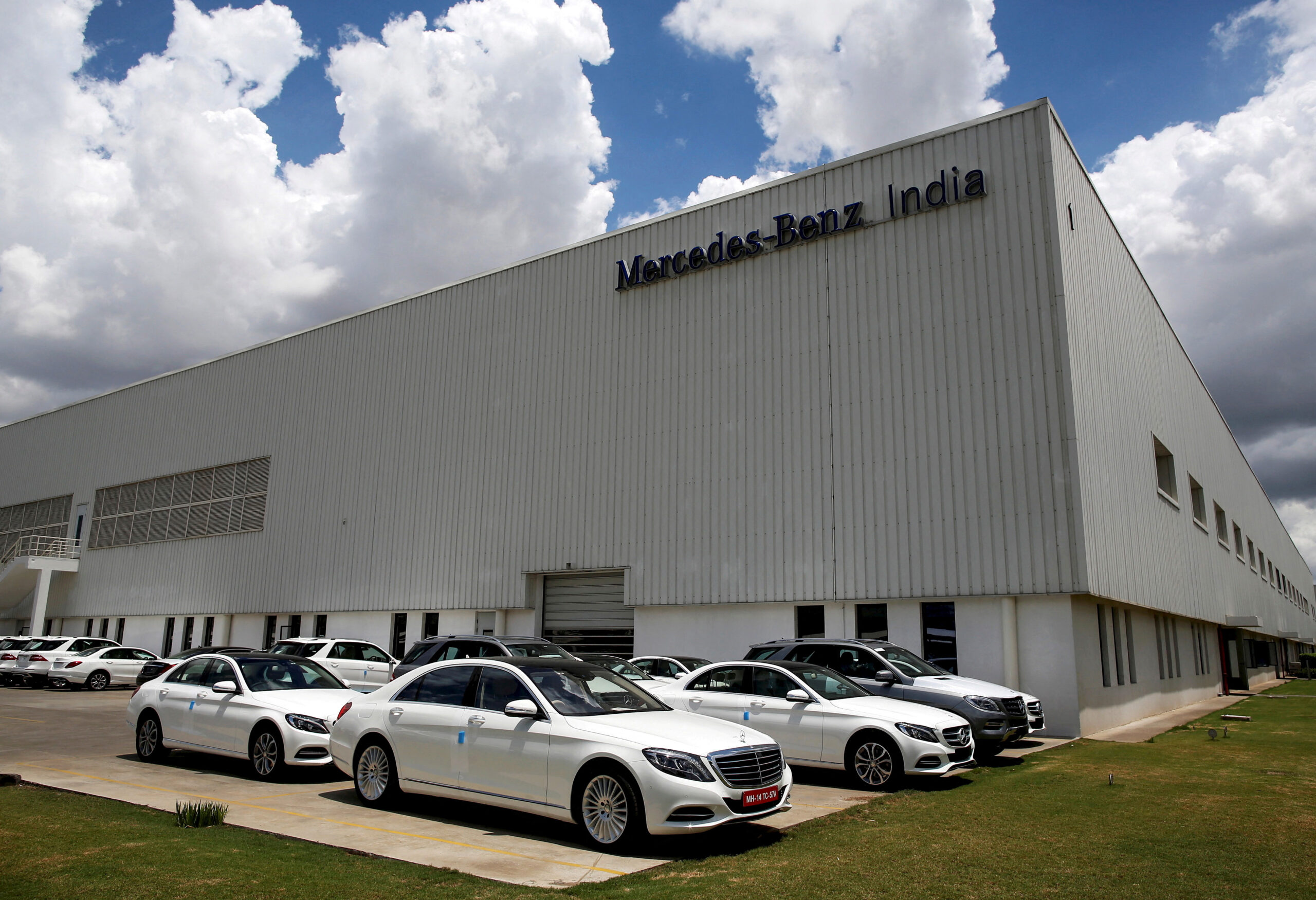
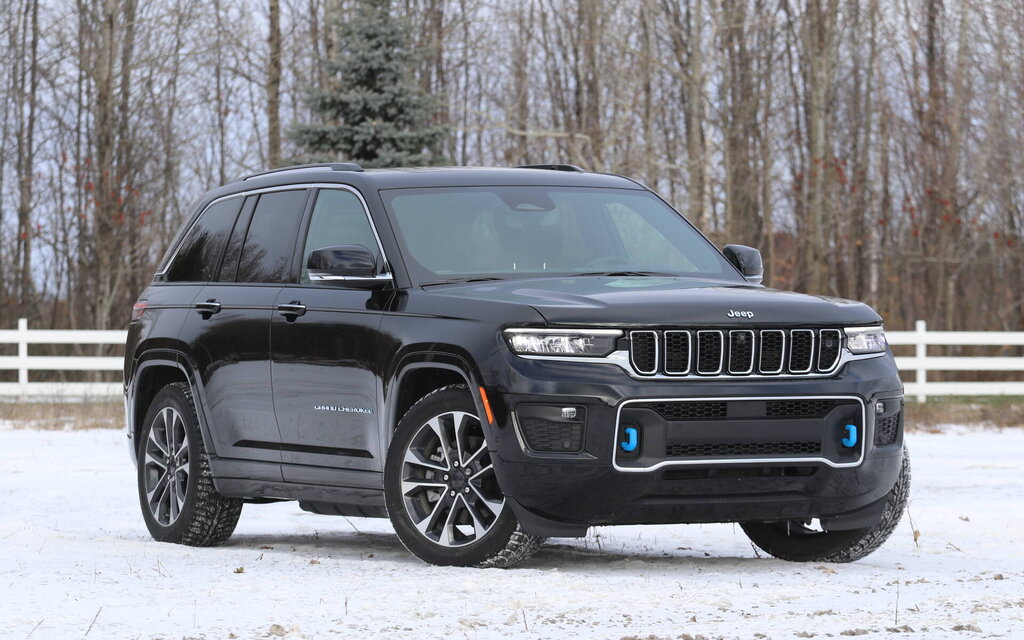
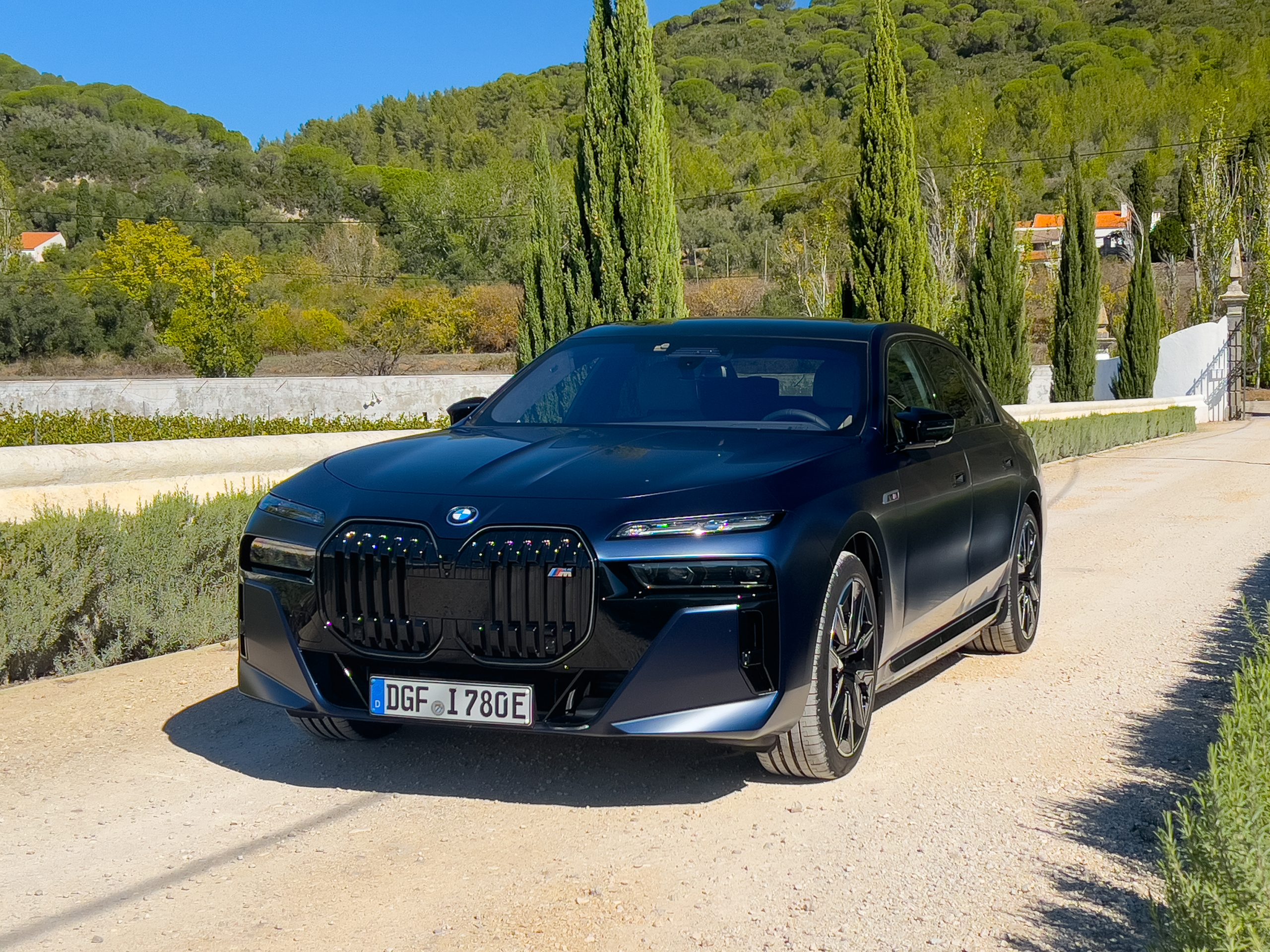
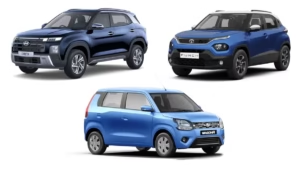

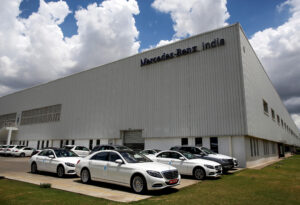
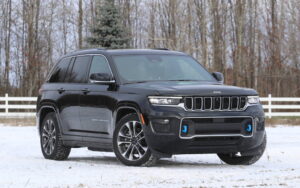
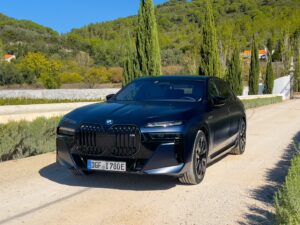
Post Comment